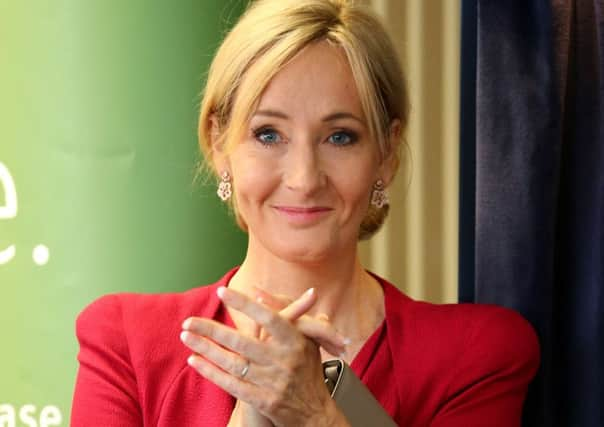Multiple sclerosis: FutureMS study to break new ground


Currently there is no way to predict the severity of the neurological condition when people are newly diagnosed.
Most sufferers will experience bouts of symptoms called “relapses”, but doctors cannot predict how often, and how severe, these relapses will be. This can make it difficult for people to make decisions about their lifestyle, work and family.
Advertisement
Hide AdAdvertisement
Hide AdNow a new study, FutureMS, carried out by the Anne Rowling Clinic in Edinburgh (a centre part-funded by Harry Potter author JK Rowling), will use MRI-scanning, genetic testing and clinical examinations to predict the severity of an individual’s MS.
Scientists say this first-of-its-kind study will allow clinicians to work out how best to treat patients, and remove the uncertainty that a diagnosis of MS can bring. Scotland has one of the highest incidences of the disease in the world, with around 10,000 people suffering from the condition, which occurs when the protective coating surrounding nerve cells in the brain and spinal cord is damaged or destroyed.
Professor Siddharthan Chandran, clinic director and professor of neurology, at the Anne Rowling Centre, said: “The newly diagnosed person with MS doesn’t know how their disease will progress. No two people are the same, and the outcome is crucial to how they plan their lives and how they will be treated by their doctor.
“Some drugs, with harsher side-effects could be suitable for someone with severe MS, but if symptoms are mild then a doctor may take a different view on whether to use the treatment. It’s about creating personalised medicine.”
Advertisement
Hide AdAdvertisement
Hide AdHelen Fowler, an Edinburgh journalist with MS, said: “Doctors have given me a rough indication of what they think might happen with my MS. But I don’t think anybody can really say for sure, not at the moment, anyway.
“I’m aware I might not be able to follow plans I make. Knowing what my MS has got in store would make it easier for me and my family to get on with our lives.”
Recruitment for the study will launch in April. For more information, go to: www.future-ms.org